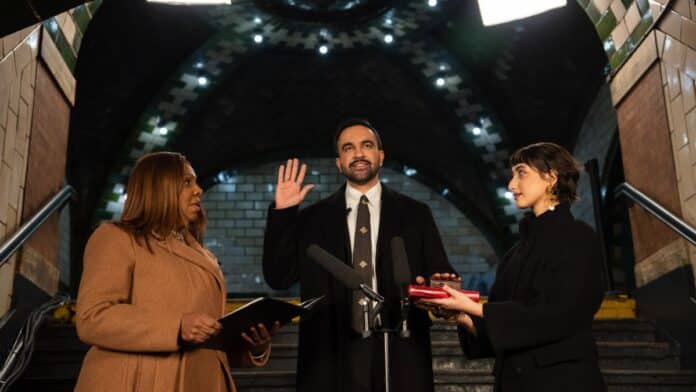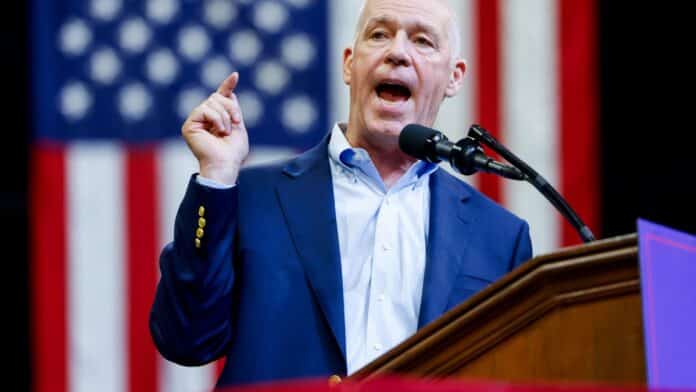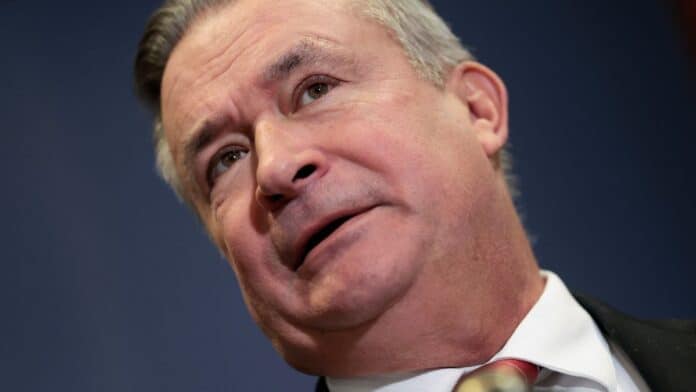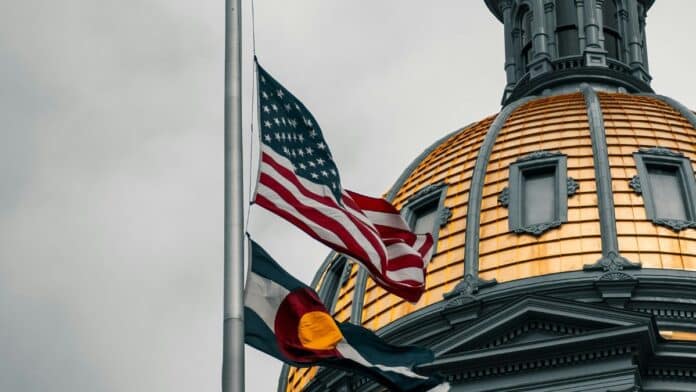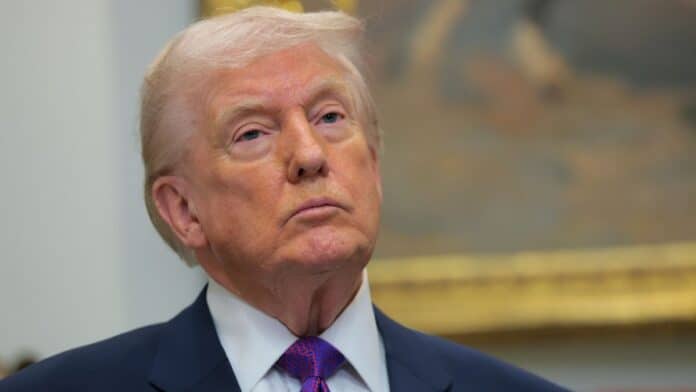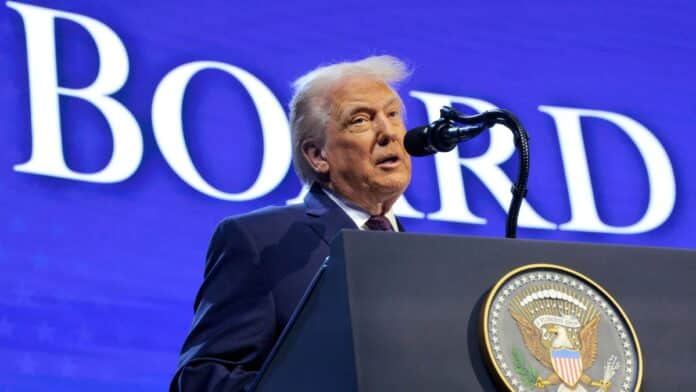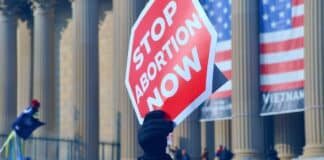New York Gov. Kathy Hochul on Monday announced the state will commit an additional $1.5 billion to assist New York City Mayor Zohran Mamdani as his administration grapples with significant budget shortfalls over the next two years.
Hochul said the funding package is designed to “protect services and put the city on stable financial footing” as city officials confront a projected $7 billion revenue gap.
“A strong New York City means a stronger New York State,” Hochul said in a statement, adding that state and city leaders must work together to deliver for working families.
The announcement comes shortly after Mamdani traveled to Albany for the state Legislature’s annual “Tin Cup Day,” when municipal leaders seek additional state funding. During that visit, Mamdani requested more state aid and pushed for expanded authority to raise taxes on businesses and high-income earners to help close the shortfall and finance his policy priorities.
According to Hochul’s office, the $1.5 billion will be distributed over two years. The package includes $510 million to cover public health and youth program expenses that the state previously funded but have since shifted to the city. Another $500 million will go toward “shared priorities” between Albany and City Hall. The remaining funds account for additional support tied to city-state financial adjustments.
Mamdani welcomed the funding, calling it the beginning of “a new, productive and fair relationship between City Hall and Albany.”
“Working New Yorkers did not create this budget crisis, and they should not be the ones to pay for it,” Mamdani said. He attributed the city’s financial challenges to what he described as years of fiscal mismanagement under the prior administration.
City budget officials had earlier warned that the two-year deficit could reach as high as $12.6 billion. That estimate has since been revised downward to approximately $7 billion. Mamdani has ruled out cuts to the NYPD and other major city services but has acknowledged that the gap must be closed to pass a balanced budget.
The new commitment follows Hochul’s earlier pledge of $1.7 billion to support Mamdani’s plans for free child care for 2-year-olds in New York City, part of a broader statewide push toward expanded universal child care.
Mamdani, a democratic socialist and former Queens assemblyman, has proposed increasing taxes on the city’s wealthiest residents and large corporations to fund initiatives such as tuition-free college, free bus service, and city-run grocery stores. He has said his administration will “exhaust every option” to reset the financial relationship between the city, its top earners, and Albany.
Hochul, however, has signaled resistance to broad tax hikes in her upcoming state budget proposal, though she has not completely ruled out targeted increases to support expanded programs.
Meanwhile, New York State faces its own projected deficit exceeding $10 billion in the next fiscal year, with revenue pressures intensified by federal funding cuts and freezes.


